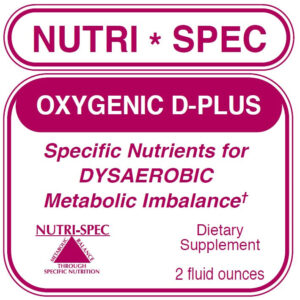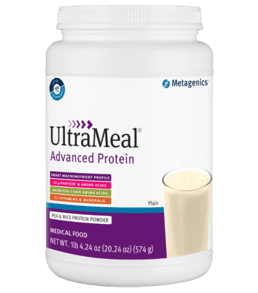Active vitamins are bioavailable and ready for immediate use, providing faster absorption, better bioavailability, and increased effectiveness. Non-active vitamins require liver conversion, leading to slower absorption and potentially higher required doses, making active forms preferable for optimal supplement outcomes.
Vitamins are essential for overall health, but not all vitamins function the same way in the body. You may have heard of active vitamins, but what does that actually mean? Understanding the difference between active and non-active vitamins can help you make better choices when selecting supplements to support your bodys needs.
Active vitamins are in their bioavailable form, meaning they are ready for immediate use by the body. Once consumed, these vitamins do not require any additional conversion processes. Since they are already in their most effective state, the body can absorb and utilize them efficiently.
Benefits of Active Vitamins
- Faster Absorption The body doesnt need to convert the vitamin before using it.
- Better Bioavailability More of the vitamin is absorbed and utilized by the body.
- Increased Effectiveness Supports various body functions immediately upon intake.
Common active vitamins include:
- Methylcobalamin (Active Vitamin B12) Supports energy, brain function, and red blood cell production.
- Pyridoxal-5-Phosphate (Active Vitamin B6) Essential for metabolism and neurotransmitter function.
- L-5-Methyltetrahydrofolate (Active Folate, or L-5-MTHF) The most usable form of folate, critical for DNA synthesis and heart health.
What Are Non-Active Vitamins?
Non-active vitamins, also called precursor vitamins, need to go through biochemical conversion in the liver before they become usable by the body. While many people can convert these forms effectively, some individuals may struggle due to genetics or health conditions.
Limitations of Non-Active Vitamins
- Slower Absorption Requires conversion before the body can use them.
- Reduced Effectiveness Some of the vitamin may be lost during the conversion process.
- Higher Doses Needed The body may not absorb the full amount, requiring larger doses for the same effect.
Examples of non-active vitamins include:
- Cyanocobalamin (Non-Active B12) Requires conversion into methylcobalamin before the body can use it.
- Pyridoxine Hydrochloride (Non-Active B6) Needs to be converted into pyridoxal-5-phosphate.
- Folic Acid (Non-Active Folate) Must be processed into L-5-MTHF, which some individuals cannot do efficiently.
Why Active Vitamins Matter in Your Supplements
For those looking for optimal nutrient absorption and effectiveness, choosing supplements that contain active vitamins is key. This is especially important for individuals with genetic variations (such as MTHFR mutations), digestive issues, or liver conditions that impair vitamin conversion.
If youre searching for a high-quality supplement that provides active vitamins for maximum bioavailability, Nutri-Spec Activator is an excellent choice. It contains bioavailable forms of essential nutrients to support metabolic function, energy production, and overall we’ll-being.
Final Thoughts on Active Vitamins
Active vitamins offer superior absorption, faster results, and greater effectiveness compared to their non-active counterparts. If you want to ensure your body gets the most out of your supplements, choosing formulations that feature bioavailable, active nutrients is the best way to support your health.
For high-quality, active vitamin supplements, consider Nutri-Spec Activator, available on Dr. Gubermans website. Taking the right vitamins in their most usable form ensures you receive the full benefits without unnecessary conversion processes slowing down their effects.











